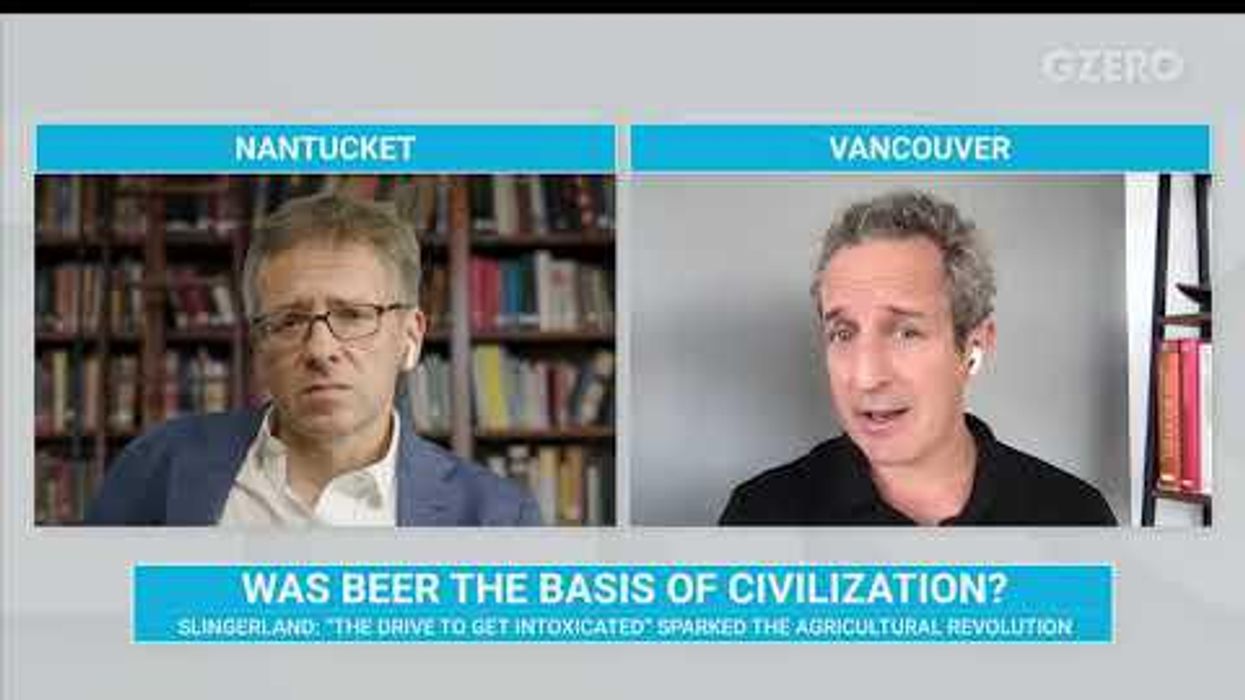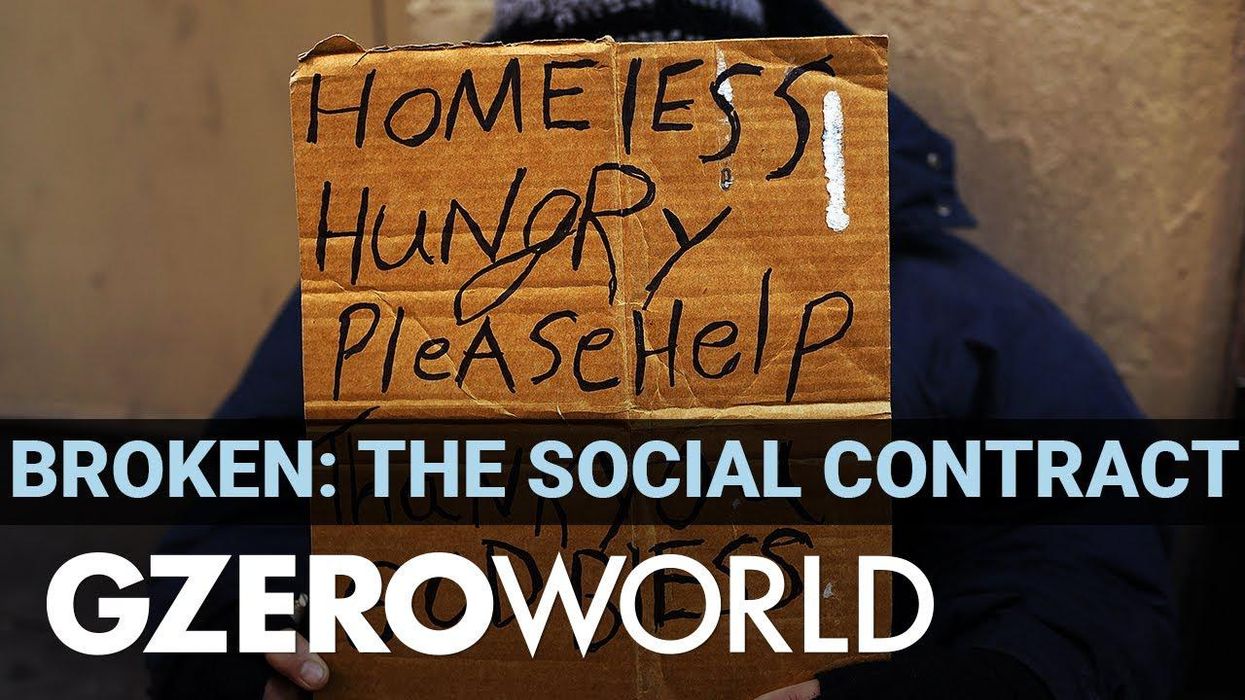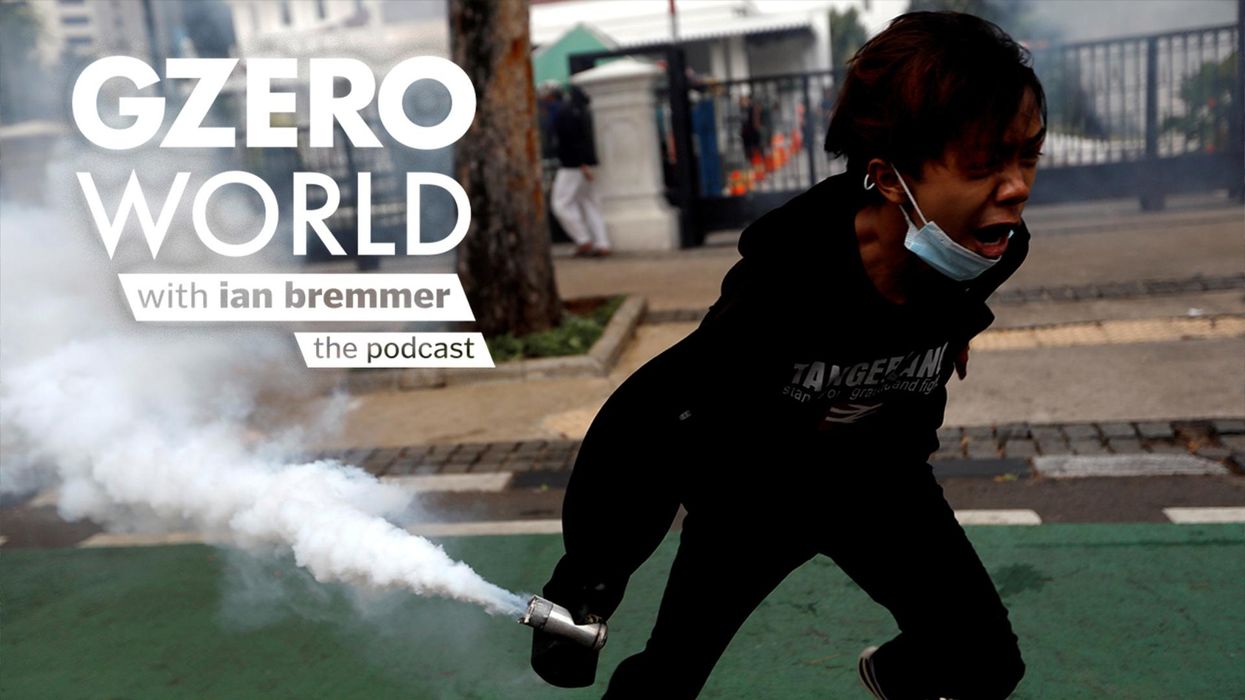Ian Explains
Ian Explains: Is the world better today thanks to human progress?
Our body clocks stop ticking at some point, but that’s not the same as reaching a destination, or achieving a goal. So how do we—as a community, as a country...as a world—define progress? What does “better” even look like?
Sep 22, 2023




